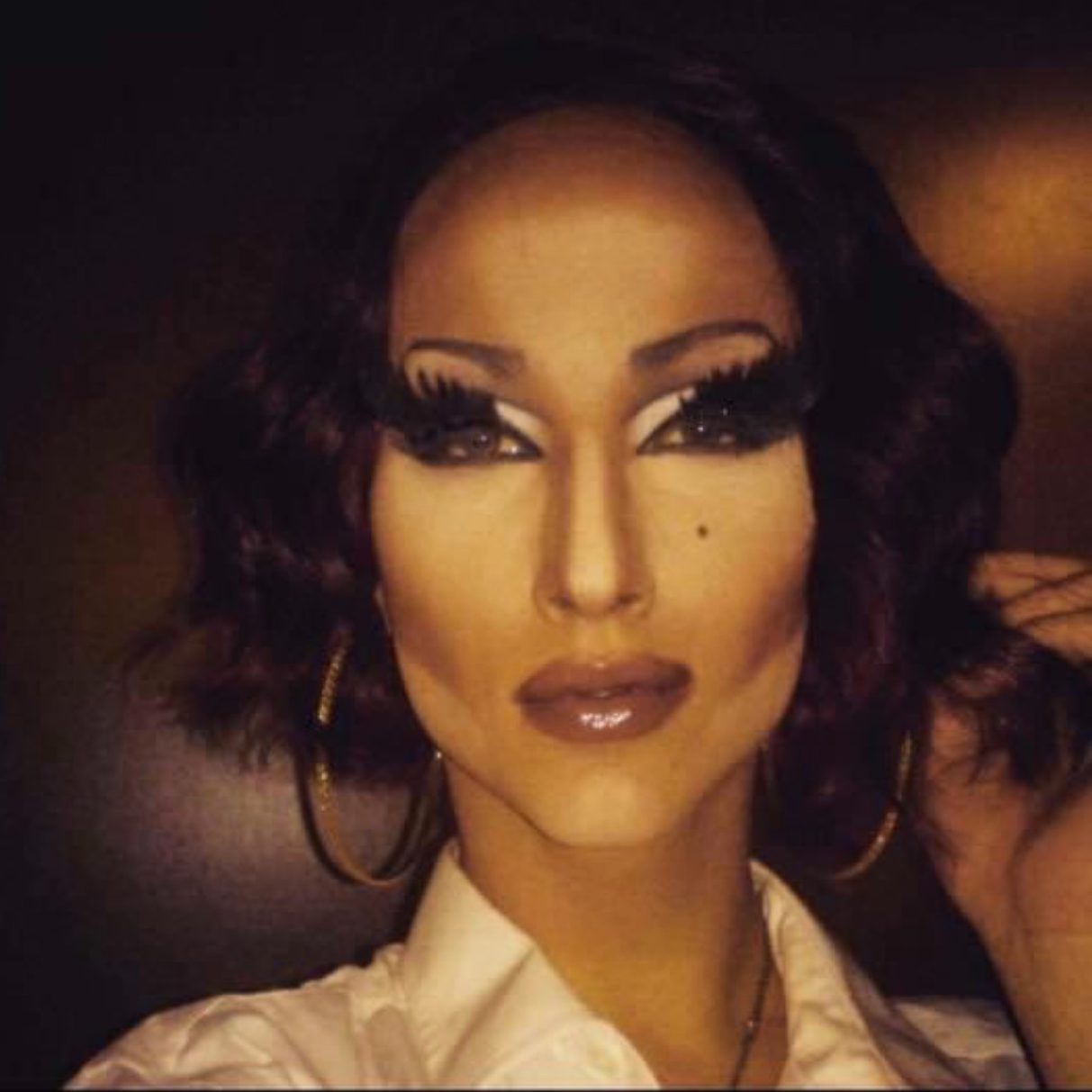
Drag. This art form went from a niche underground club phenomenon to one of the largest influences on mainstream pop culture there is. Drag is a high art form that requires many skills and can provide a learning experience for anyone involved, be they performer or observer. The Scoop sat down with retired drag queen and current Services Manager of Ulta Beauty, Sheldon Slinkard to get an inside look at the rich experience of having performed as a part of this creative community.
Sheldon started his drag career in 2011 when he was 21 years old. Afterward, he continued performing for the following three years. He chose this career because he was already deeply involved with his local drag community and needed an income. Sheldon performed in Arkansas, Missouri, and Los Angeles, California.

Q: What did you enjoy about performing as a drag queen?
A: I could be anything I wanted to be. I could manipulate gender norms using an artistic method.
Q: What did you feel that you contributed to society as a drag queen?
A: When I did do drag, I became a safe person to speak to. It was like an instant beacon for people to feel safe talking to me. It didn’t matter what the content was. It just got real personal real quickly, because the brighter your lighthouse, the more boats will come to you.
Q: What defines drag?
A: I think that to put it in a rigid ideology or a rigid definition would destroy what drag is, which is an interpretation of your inside self, bursting free. It’s like when a flower blooms for the first time, it’s their first breath of fresh air, it’s them able to come out every time they walk on stage, and it’s them doing it in a safe, beautiful way. And so, we aren’t going to tell people how to come out. So why would we tell them how to do drag.

Q: What was one challenge or struggle you had during your drag career?
A: I started in Little Rock, Arkansas. So while they do have large gay clubs with huge drag scenes, one of the biggest issues was people would stand outside the clubs to heckle you and throw beer bottles at you. The good thing is that most of the cops that worked in Little Rock at the time, were also secretly gay, and had slept with most of the drag queens. So we had them on our side. But societally speaking, you’re always going to have pushbacks from people. And so those things never go away, no matter how much time has passed.
Q: What did you learn from your drag experience?
A: When I did do drag, I heard so many stories that were so compelling. From, ‘I can’t take this math test. I’m literally going to like hurt myself if I have to’, to ‘I am addicted to crack.’ And they were all the same level of anxiety and depression. And so, it taught me how to not compare yourself to others and not to try to out miserable someone. And it taught me different skills that I never thought I would ever use. Like I learned how to sew dresses and costumes, I learned new makeup techniques, how to style wigs, all things that you could use and be translated into something as big as costuming and makeup for movies and film and things like that. So, it was all self-taught but required if you wanted to make any coin, sis.